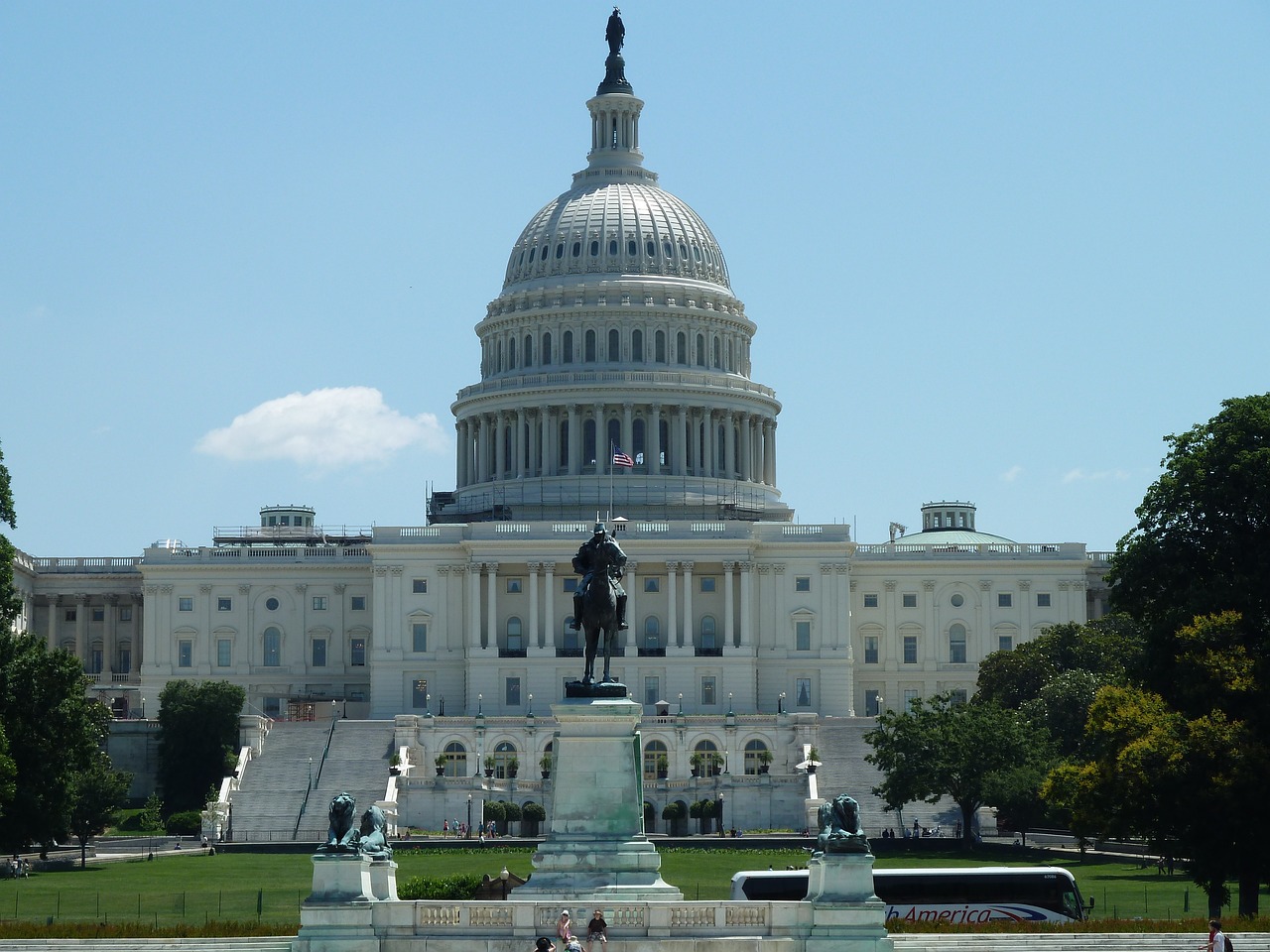
Capitol Hill Weekly Roundup: A Look at Hotel-Generated Tax Revenue
By David Berman | March 10, 2023
In his 2024 Fiscal Year Budget announced on March 9, President Joe Biden proposed elevating the tax rate from 21 percent to 28 percent, increasing the capital gains tax on incomes of more than $1 million from 20 percent to 39.6, and raising the top income tax rate from 37 percent to 39.6 percent for Americans earning more than $400,000.
Unlike the budget plan, which Biden said is designed to decrease the federal deficit, part of his February State of the Union address focused on eliminating junk fees related to hotels, airlines, and other industries. Yet the president is staying away from hotel-generated state and local tax revenue.
According to a report from the American Hotel & Lodging Association and Oxford Economics, this revenue will set a new national record at $46.71 billion in 2023, state-by-state projections show.
The report also indicated that the average U.S. hotel occupancy in 2023 is expected to reach 63.8 percent, around two percentage points lower than the pre-pandemic 2019 level of 65.9 percent.
The 10 states forecast to post the highest gross increase in hotel-generated state and local tax revenue from 2019 to 2023 are:

“Hotels are making significant strides toward recovery, supporting millions of good-paying jobs and generating billions in state and local tax revenue in communities across the nation,” AHLA President and CEO Chip Rogers said in a statement. “To continue growing, we need to hire more people. Fortunately, there’s never been a better time to be a hotel employee, with wages, benefits, flexibility and upward mobility better than ever before.”
Also known as bed taxes, these charges are added by local, county, and state governments or tourism improvement districts.
Typically, jurisdictions choose how to allocate the revenue generated by the taxes. They are used for everything from supplementing government operating budgets and financing tourism campaigns to building venues and supporting cultural programs among other purposes.
In Estes Park, Colorado, bed taxes subsidize housing and child care costs for local tourism workers.
Challenges from the pandemic have led some communities to contemplate linking economic and social policies “to travel in tourism, either directly or indirectly, and therefore paid for out of the bed tax,” according to Jack Johnson, chief advocacy officer for the travel industry group Destinations International.
If approved, hotel taxes will help finance a new $2.1 billion stadium for the Tennessee Titans in Nashville.
In the Orlando area, tourist tax collections surpassed $300 million in 2022. Orange County Mayor Jerry Demings created an advisory committee to determine how to use future uncommitted funds.
The proposed DT Citizen Advisory Task Force will include representatives from the tourism industry like Disney, Universal and SeaWorld, and the Central Florida Hotel Lodging Association along with the I-Drive Chamber of Commerce and the AFL-CIO labor union.
“The goal is to have representation from various geographical and socioeconomic levels,” Demings said. “I am confident that with citizen input, we can determine the right course of action to invest TDT funds in our community that meets statutory guidelines and benefits our residents and visitors.”
TDT is the acronym for Orange County’s Tourist Development Tax, which is 6 percent.
Revenue from the tax has helped fund the Orange County Convention Center, the Dr. Phillips Center for the Performing Arts, Amway Center, and Camping World Stadium.
Bed taxes can send cost-conscious travelers to lower-taxed destinations.
“In general, the more taxes states and cities levy on hotels, the more of a competitive disadvantage they create for local businesses, as potential hotel guests may seek out other destinations with lower tax burdens,” Rogers said.






Get involved!
Comments